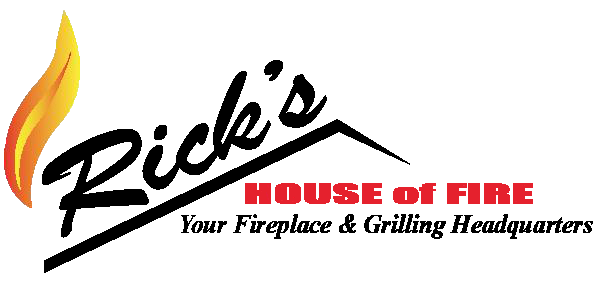Follow these barbecue tips to protect your Family
When the weather starts to warm up, more than three million grills across the United States will fire up. As barbecue season begins, Fort Hood Fire and Emergency Services wants to remind everyone how important it is for the entire Family to be contentious about outdoor cooking. All grills, gas and charcoal, can be extremely dangerous if not cared for and used properly. House fires and serious burns have been the result of carelessness with a barbecue grill. Follow these tips to reduce those dangers.
Avoid deadly grilling dangers
• Don’t wear loose clothing while cooking.
• Be vigilant when you have small children around. Lighter fluid, propane tanks and hot surfaces are manageable in the hands of adults but dangerous in the hands of children.
• Do not use the grill in a garage, breezeway, carport, porch, party tents, covered patio, fire escape or under a surface that can catch fire.
• All grills in use should be at least 10 feet from the house, car, trees and party decorations.
• We also recommend awareness of the
regulations for barbecuing if you live in a condo, townhouse or apartment complex. A hot grill too close to the siding of a balcony or patio can melt or burn it.
Gas grill safety
• Follow the manufacturer’s instructions. To check the gas cylinder or pipe for leaks, brush soapy water around all joints and watch for bubbles. If you find a leaky joint, try to tighten, but do not over tighten. If ever in doubt about the integrity of you gas cylinder, have it tested. Never use gas cylinders that are past their legal use date.
• Open the barbecue lid before turning on the gas or light.
• When you have finished cooking with a gas barbecue, turn off the gas cylinder.
• Change gas cylinders in the open air, not in a confined space. Avoid storing gas cylinders indoors and never in basements.
Charcoal grills
• Follow the manufacturer’s instructions. Use only sufficient charcoal to cover the base of the barbecue to a depth of about 2 inches. Store extra charcoal in a metal container with a tight fitting lid to keep it dry. Wet charcoal can spontaneously combust and start a fire.
• Use only recognized charcoal starter fluid. Use lighter fluid on cold briquettes only and use the minimum quantity necessary to start the charcoal. Adding fluid to burning or hot coals can cause a flash fire and result in serious burn injuries.
• When removing the ashes from the barbecue, make sure they are cool or put them into a non-flammable container such as a metal bucket. Water may be added to the cool ashes. Empty spent ashes onto bare garden soil – do not put ashes into a garbage can or paper bag. House fires have been caused by hot ashes which later ignited when left on a deck or porch.
It’s possible to enjoy a sizzling-hot summer without getting burned. When the time comes to haul out the grill, give some thought to this advice, it could keep you a lot safer this summer.
